Positive discipline is a powerful approach to managing toddler behaviour, focusing on teaching and guiding rather than punishing. This method not only strengthens relationships between caregivers and children but also fosters a nurturing environment where toddlers can thrive. Here, we’ll explore effective positive discipline techniques tailored for toddlers.
Stay Calm and Communicate Positively

Staying calm is crucial when dealing with tantrums or misbehaviour. Speak in a conversational tone and use positive language to guide your child. For example, instead of saying “Don’t throw blocks,” say “Blocks are for building. Let’s build a tower together!”.
Give Clear Instructions
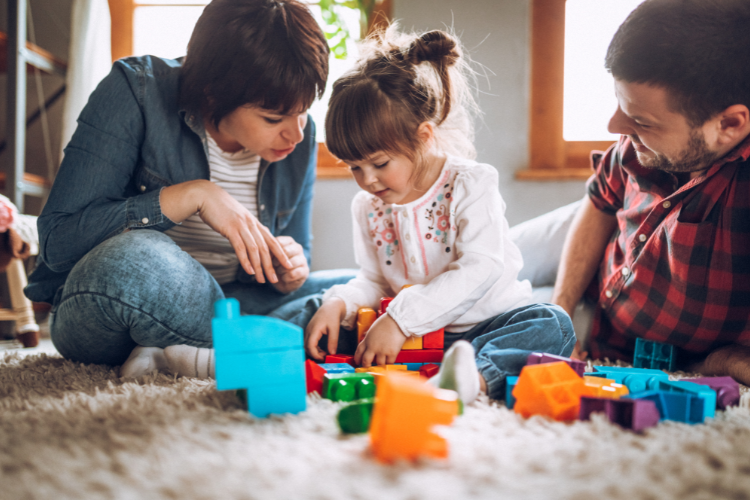
Toddlers often misbehave because they don’t understand what’s expected of them. Break instructions into simple steps. For instance, “Dinner is almost ready. Please put your toy away now and go wash your hands. Then, come to the table and sit in your chair.”
Praise Good Behaviour
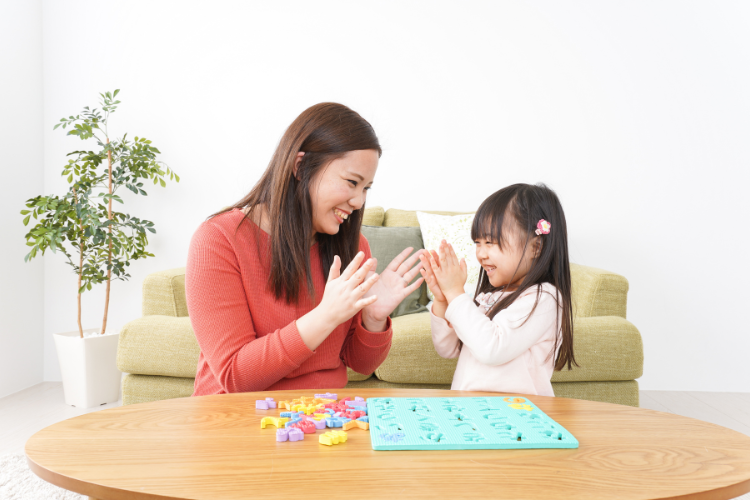
Acknowledge and praise positive actions. This encourages the repetition of good behaviour and boosts self-esteem. For example, “Thank you for sharing your toy with your friend. That was very kind of you.”.
Use Natural Consequences

Let children experience the natural consequences of their actions. If they throw a toy, it might get lost or broken. Be empathetic but firm: “You threw your toy, and now it’s lost. Maybe next time you’ll be more careful.”.
Practice Patience and Consistency
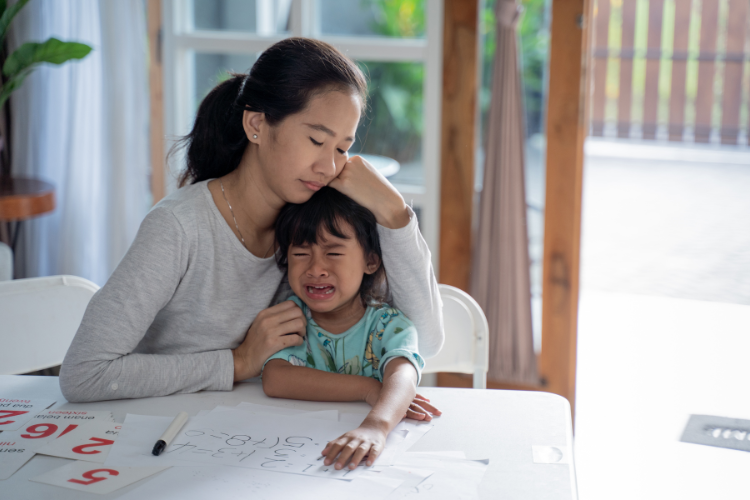
Toddlers learn gradually. Be patient and consistent in enforcing rules. Remember, children are not being defiant; they’re learning and growing.
Create Daily Routines
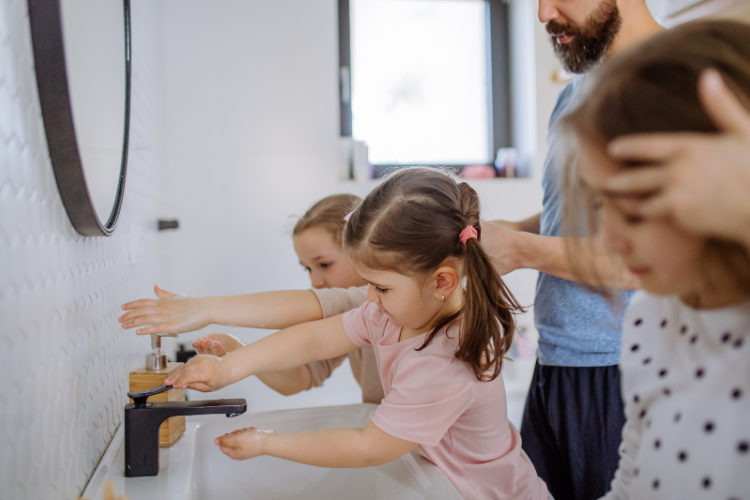
Establish routines for daily activities like meals and bedtime. This helps toddlers understand what’s expected of them and provides a sense of security.
Offer Choices
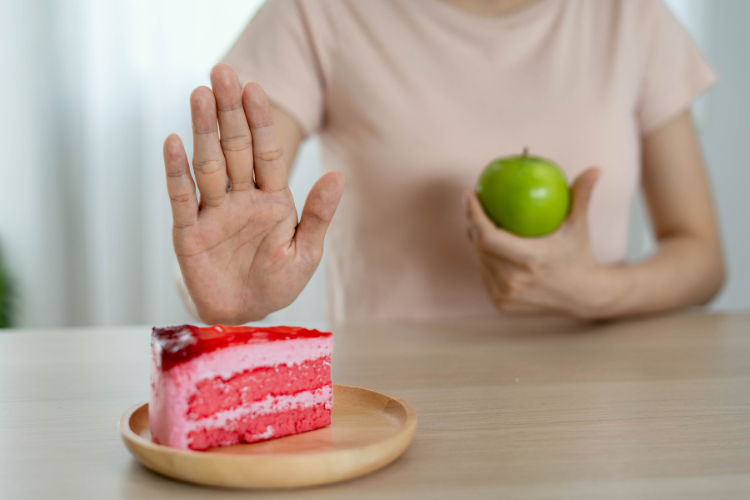
Give toddlers choices within acceptable limits to foster autonomy and cooperation. For example, “Do you want to put your toys away now or after dinner?”.
Incorporate Humour and Play

Use humour and playfulness to make discipline more enjoyable. Turn chores into games or use funny voices to lighten the mood.
Reflect and Adjust

Regularly evaluate your discipline methods and adjust them based on your child’s needs and feedback. This ensures that your approach remains effective and supportive.
Benefits of Positive Discipline for Toddlers
- Strengthens Relationships: Positive discipline builds trust and strengthens the bond between caregivers and children.
- Promotes Positive Behaviour: Focuses on reinforcing good behaviour rather than punishing bad behaviour.
- Teaches Life Skills: Encourages self-control, problem-solving, and communication skills.
- Builds Self-Esteem: Focuses on strengths and abilities, enhancing self-confidence.
- Creates a Safe Environment: Provides a nurturing space for social, emotional, and cognitive development.
By implementing these positive discipline techniques, you can create a supportive environment where your toddler can grow, learn, and thrive.
Remember, discipline is about guiding children toward positive behaviour, not punishing them for mistakes. With patience, consistency, and positive communication, you can help your child develop essential life skills and a strong sense of self-worth.


